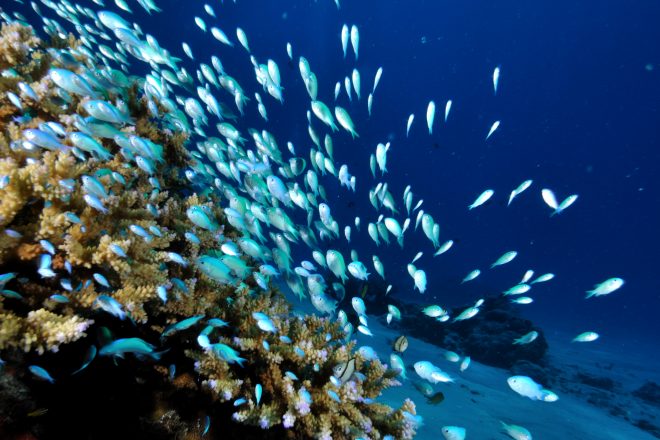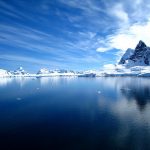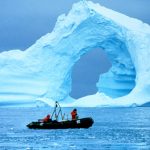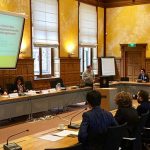Nereus Program Fellow Richard Caddell attended the “Natural Marine Resource Management in a Changing Climate” Workshop between June 12 to 13, 2017 at the University of Tromsø in Norway. Co-hosted between the K.G. Jebsen Centre for the Law of the Sea and the Elisabeth Haub School of Law, the purpose of the workshop was to re-examine management approaches of ocean and marine resources in light of global climate change, given that the management of natural marine resources is crucial to economic, social, and environmental development.
Discussion at the workshop explored strategies on how law could be implemented to restrict and adapt to our changing climate. Specifically, participants addressed how regulations could and/or potentially should evolve in response to shifting fish stocks due to ocean warming and acidification. Caddell delivered a presentation on anticipatory species protection and climate change.

Fish stocks are migrating due to climate change, and marine jurisdiction will need to evolve accordingly. Image: “new_0004” by Michio Morimoto.
Additional presentations given at the workshop addressed:
-The benefits and shortcomings of current legal and regulatory tools,
-The complexity of the challenges in attaining sustainable fisheries/marine resource management,
-Current fishery management responses to climate change impacts,
-Spatial consequences of climate change impacts on migration patterns,
-Marine management tools,
-Alternative regulatory tools such as private environmental governance,
-Climate change driven re-alignment of the roles and mandates of international law of the sea organizations/institutions, and
-The role(s) of indigenous people in the domestic climate change adaption strategies.
Participation from scientists, lawyers, professors, and researchers with backgrounds in law, political science, and/or environmental economics at the workshop facilitated collaborative innovation towards acknowledging and bridging the gap between natural marine resource management and current climate change issues.







